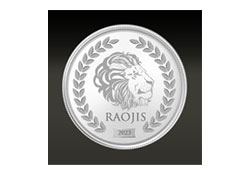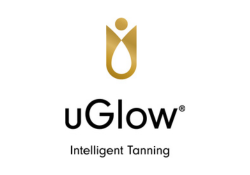Myco Foods Ltd
Research and innovation

Myco Foods Ltd (MFL) is a key player in the plant-based food industry, supplying its Hooba® meat replacement mince product to both branded and supermarket own-label products. The company is committed to transitioning towards natural and sustainable ingredients in response to consumer trends, with 43% of UK consumers reducing their intake of processed foods.
Challenge
Currently, Hooba® contains Methylcellulose (MX), a highly processed binding agent that creates a meat-like texture. While MX has no reported safety concerns, MFL aims to eliminate it in line with its mission to deliver cleaner-label products. Additionally, the plant-based food industry has seen a 10% decline in sales due to the cost-of-living crisis and consumer demand for better-tasting products. MFL's challenge was to develop a new formulation that removes ultra-processed ingredients, reduces costs, and enhances the overall taste.
Solution
Through a short Knowledge Transfer Project funded by the Regional Innovation Fund from Research England, Myco Foods collaborated with Teesside University. This partnership brought together cutting-edge academic expertise, postgraduate research, and access to state-of-the-art facilities in our Bios building to explore sustainable alternatives to MX.
The project was structured into three key phases:
1. Assessment of Hooba®'s texture – evaluating both raw and cooked product textures while identifying viable ingredient replacements.
2. Recipe development – experimenting with various substitutes and shortlisting three viable alternatives based on texture and functionality.
3. Sensory testing – conducting consumer evaluations to ensure the new formulations met taste and texture expectations.
The outcome was the successful development of three viable, natural alternatives to MX that maintained the texture and performance of the original Hooba® product, aligning with MFL’s sustainability goals.
Impact
The project’s success will generate significant benefits for MFL, including:
1. Cost reduction – making products more affordable for price-sensitive customers amid economic challenges.
2. Health appeal – attracting customers seeking to reduce ultra-processed food intake.
3. Taste enhancement – improving product satisfaction and encouraging repeat purchases.
4. Market expansion – a projected 200% increase in sales, with an expected annual turnover growth between £500,000 and £1,000,000.
*Funding for the nine short Knowledge Transfer Projects was allocated through a competitive application process, with business partners developing proposals and providing 10% match funding in line with the Accelerated Knowledge Transfer model piloted by Innovate UK.
























































